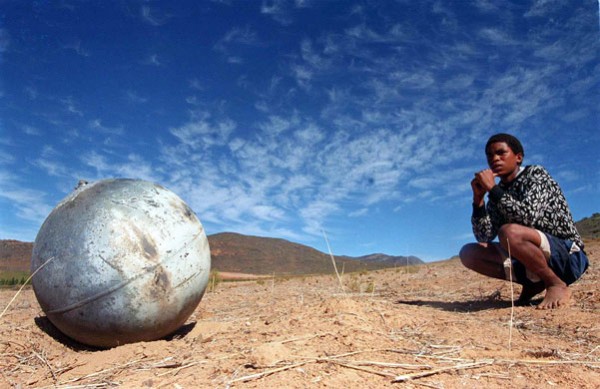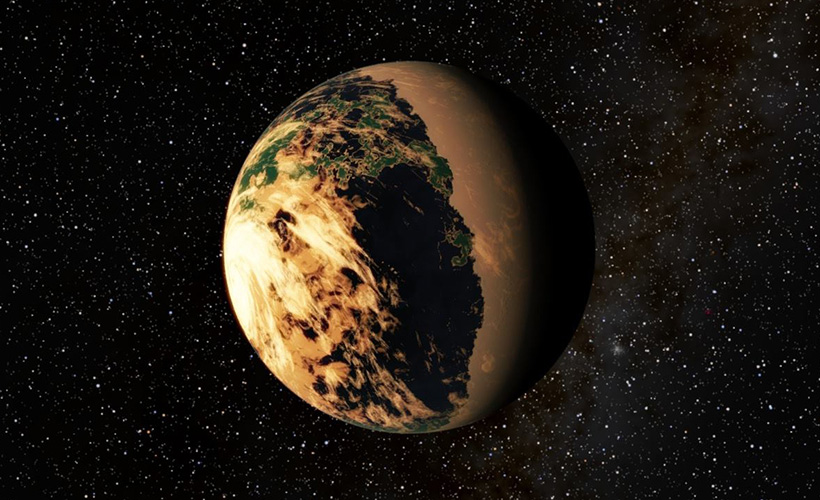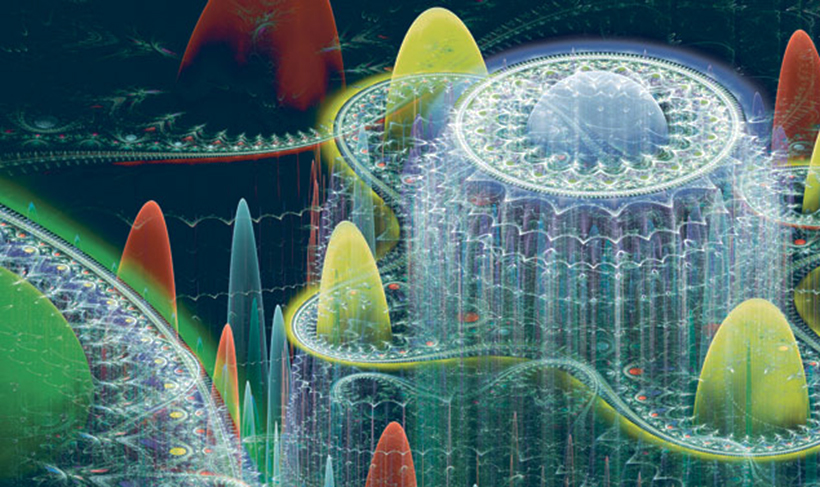Apocalypse of the Black Sea and the fate of Mithridates VI Eupator
 John the Theologian could not help hearing about the earthquake of the sixty-third year BC. This earthquake occurred on the territory of the modern Kerch Strait, that is, on the territory of our country.
John the Theologian could not help hearing about the earthquake of the sixty-third year BC. This earthquake occurred on the territory of the modern Kerch Strait, that is, on the territory of our country.
The earthquake was fateful for the Pontic kingdom and for the Asia Minor province of Assia, which was then part of it, the former Ionia (where John the Theologian lived later). Perhaps the earthquake was one of the reasons for the death of this state.
Who now, except for historians, remembers the Pontic kingdom, once no less powerful than Rome? ..
Mithridates was not destined to embody his designs. (Only five centuries later, the Hun leader Attila managed to fulfill what Mithridates intended to do.) So what prevented Mithridates and, perhaps, saved the Roman Empire?
Historians unanimously assert – the uprising, first in Phanagoria, on the opposite bank of the Kerch Strait, and then in Panticapaeum itself. The cause of the uprising is called the dissatisfaction of residents with military exactions and the brutal power of Mithridates. Moreover, the earthquake that happened on the eve is mentioned casually, as if it had nothing to do with the matter.
We have to disagree with such an opinion. It was Mithridat who was prevented by an earthquake. According to the data of geologists and archaeologists, this was the largest earthquake, whose power reached 9 points. The cities of the Kingdom of the Bosporus were – some partially, others completely – destroyed. After the earthquake, in Panticapaeum, the buildings were rebuilt and redeveloped the terraces on the slope of Mithridates. And, as I suppose, there was a hydrogen sulphide catastrophe, the scale of which is difficult to restore today, except in the text of the Apocalypse. The basis for this assumption may be the course of the 1927 Sevastopol earthquake. Then the sea also burned, and the smell of rotten eggs — hydrogen sulfide — spread. It can be argued that even then, after a nine-point earthquake with an epicenter in the Kerch Strait, the sea was burning and, quite possibly, acid rains spilled …
Another mention of that earthquake is found in Paul Orosy of Tarracona (V century AD), a presbyter, a disciple of the blessed Augustine. He wrote the “Semiknizhye”, in which he expounded the Roman history. He relied on the unfinished works of Roman historians.
“While Mithridates was celebrating the Ceres (Demeter) holiday in Bosporus, a sudden earthquake suddenly occurred, which, they say, was followed by great disasters for cities and fields.”
So this earthquake happened during the festivities of the goddess Demeter, the goddess of the earth! Fantastic coincidence! Consider the religious consciousness of the time. You can imagine, Mithridates, maintaining his authority, showing piety, publicly sacrifices Demeter (he is the king, and therefore the main priest), prays, probably, the goddess, so that she would help him in his future campaign. And suddenly!
Pontikapay was destroyed by an earthquake of extraordinary power. Traces of it are visible today – these are landslides in the area of Cape Utrish in the Caucasus, and rocks thrown into the sea (remember: “The Second Angel sounded, and like a big mountain, burning with fire, plunged into the sea …” (Revelation, 8 , 8). I saw these rocks. It seems incredible that a mountain, the size of a five-story building, could have been thrown a few tens of meters from the coast. How monstrous this earthquake was!
Naturally, the earthquake was interpreted by the inhabitants of the Kingdom of the Bosporus as the wrath of Demeter on Mithridates. The gods themselves are on the side of Rome! And it was then that fanagoria and Panticapaeus also rebelled … Realizing that the power no longer belongs to Yevpator, his son Pharnac betrays him, he goes over to the side of the rebels. What remains to Mithridat? He asks his son to save his life, but he realizes that his request is in vain. Mithridates decides to poison himself, but all his life he has taught himself to poison, the poison does not work, then Mithridates rushes at the sword …
Returning to John the Theologian. To him, this story was well known, since he lived in the territory of the former Pontic kingdom. The stories about that earthquake, with detailed stories, still walked on this earth for a long time, fell into apocalyptic literature, were interpreted, including in the Jewish and early Christian spirit, as a warning, as a warning from God about the forthcoming End of the World …




